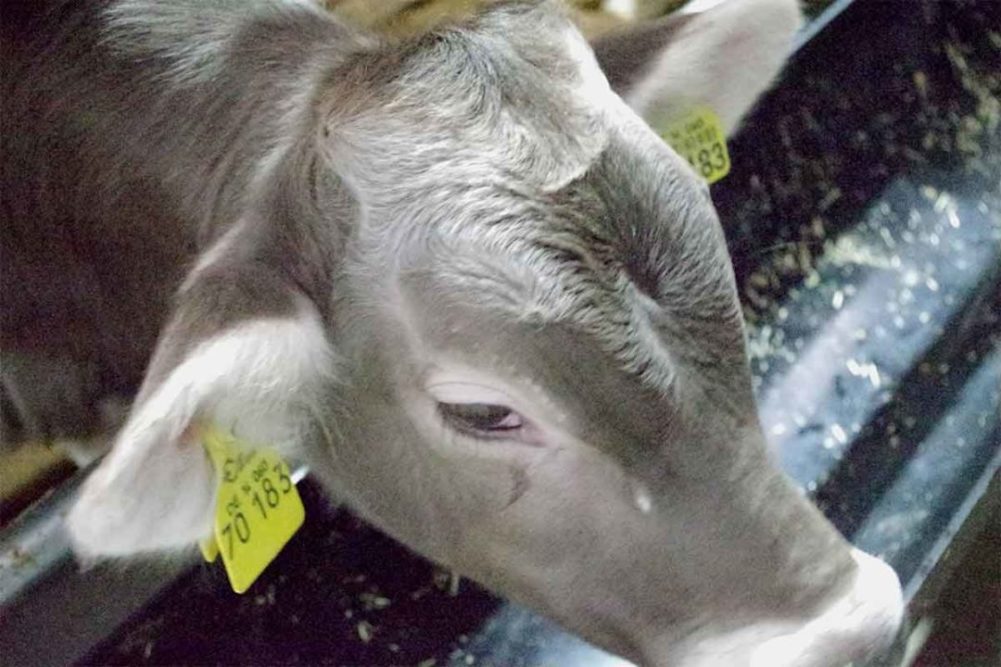WASHINGTON – The Animal and Plant Health Inspection Service (APHIS) of the US Department of Agriculture will not finalize a proposed rule to implement radio frequency identification (RFID) as the official ear tag for use in interstate movement of cattle. Instead, all current APHIS-approved methods of identification may be used as official identification until further notice, the agency said.
APHIS’s decision doesn’t necessarily mean RFID is going away; the agency said it would use the rulemaking process for future action related to RFID implementation.
“APHIS continues to believe that RFID tags will provide the cattle industry with the best protection against the rapid spread of animal diseases and will therefore continue to encourage the use of RFID tags while rulemaking is pending,” the agency said.
Opponents of the proposed rule see the about-face as a victory.
Bill Bullard, chief executive officer of R-CALF USA, said the announcement is “...good news for US cattle producers as it means the impending threat of a costly RFID mandate is now removed, but we must not stop defending the rights of producers because it’s clear the agency fully intends to continue efforts to force this costly mandate upon America’s independent cattle producers.”
In 2019, R-CALF and four ranchers from Wyoming and South Dakota sued USDA-APHIS in federal court to stop implementation of the RFID federal livestock traceability program. The same year, USDA had announced a plan to transition to RFID tags from metal ear tags for cattle and bison. The agency's rationale behind the move was to enhance animal health officials’ ability to locate specific animals during a disease outbreak. The transition was scheduled to begin Dec. 31, 2019, with the agency planning to stop providing free metal ear tags. The deadline to reach full implementation of the plan was Jan. 1, 2023.
Harriet Hageman, senior litigation counsel with the New Civil Liberties Alliance (NCLA), challenged USDA’s plan. The complaint stated that USDA lacked the legal authority to mandate RFID use and issued the plan without allowing time for public comment and without publishing it in the Federal Register.
APHIS eventually withdrew the proposed rule. But the NCLA filed an amended lawsuit alleging USDA violated the Federal Advisory Committee Act by establishing and then using a committee of pro-RFID members, to help formulate the mandatory RFID plan. That lawsuit is pending in US District Court in Wyoming.
“We are pleased that APHIS is coming to the realization that it must follow the law when considering how best to provide for animal identification and traceability,” Hageman said. “Mandating RFID requirements through an illegal process doesn’t serve anyone in the livestock industry, least of all our cattle and bison producers.”



